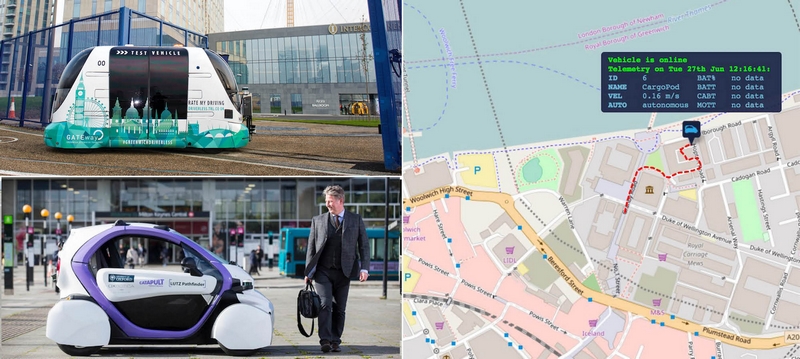Insurers at the wheel
An Oxford University startup, Oxbotica, proposes to solve the problem of liability in a collision involving autonomous vehicles by allowing insurers access to the vast amounts of data the car generates, even allowing them to control a car in real time if it detects a dangerous situation.

Ending random jams
A recent paper published in Transportation Research found that autonomous cars could bring about the end of congestion with no obvious explanation. These are caused by one driver’s unexpected behaviour (most often braking) being copied and exaggerated by following vehicles. The study demonstrated the networked cars were able to slow more gently and not create jams.

Self-learning brains
A recent study published in Nature from Google-backed AI company Deepmind claims to have developed an AI program that resembles the neural GPS system found inside the brain. At present, its algorithm can only work in mazes but it plans to test it in more “challenging environments”.

No more motion sickness
Driving helps mitigate motion sickness by making us engaged with the experience of movement. But passengers in an autonomous car will find it hard to anticipate movement and could feel queasy. Boston startup ClearMotion is working on shock absorbers that will counter the feeling of movement – thereby, it hopes, reducing the need for sick bags.

Robot taxis
Earlier this month, BMW demonstrated a self-driving 7 Series that pedestrians could hail and direct to their destination via a tablet. In a rather analogue touch, passengers were also allowed to honk the car horn to alert pedestrians and stray dogs to their self-driving presence.
guardian.co.uk © Guardian News & Media Limited 2010
Published via the Guardian News Feed plugin for WordPress.


